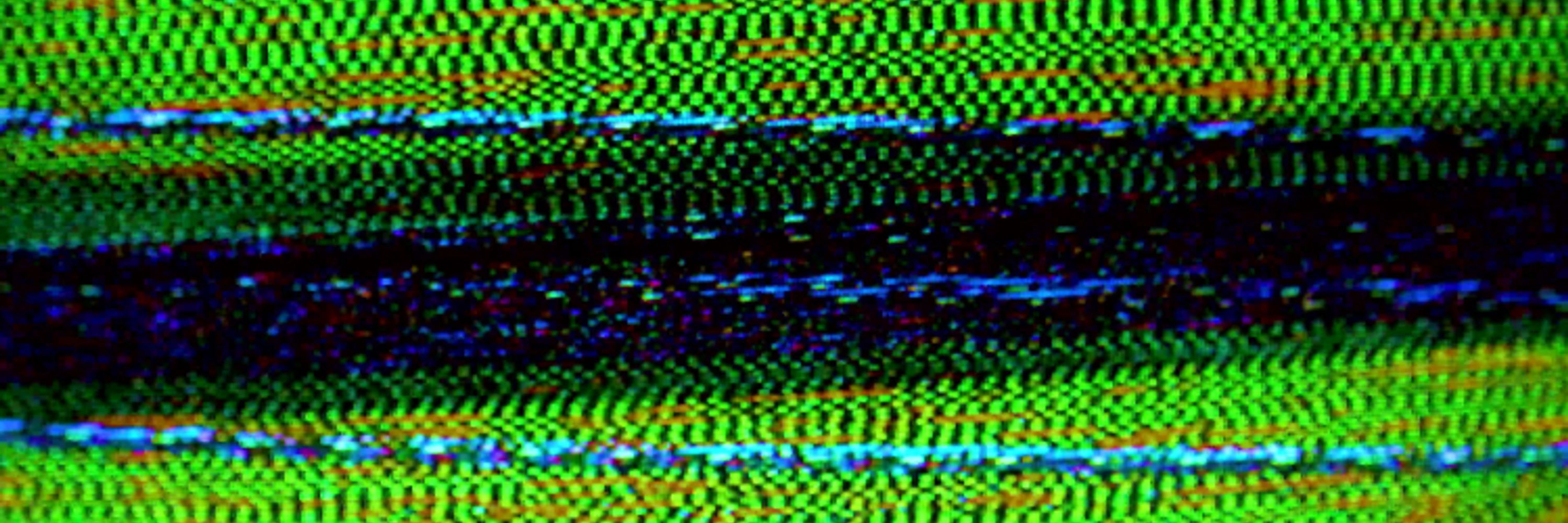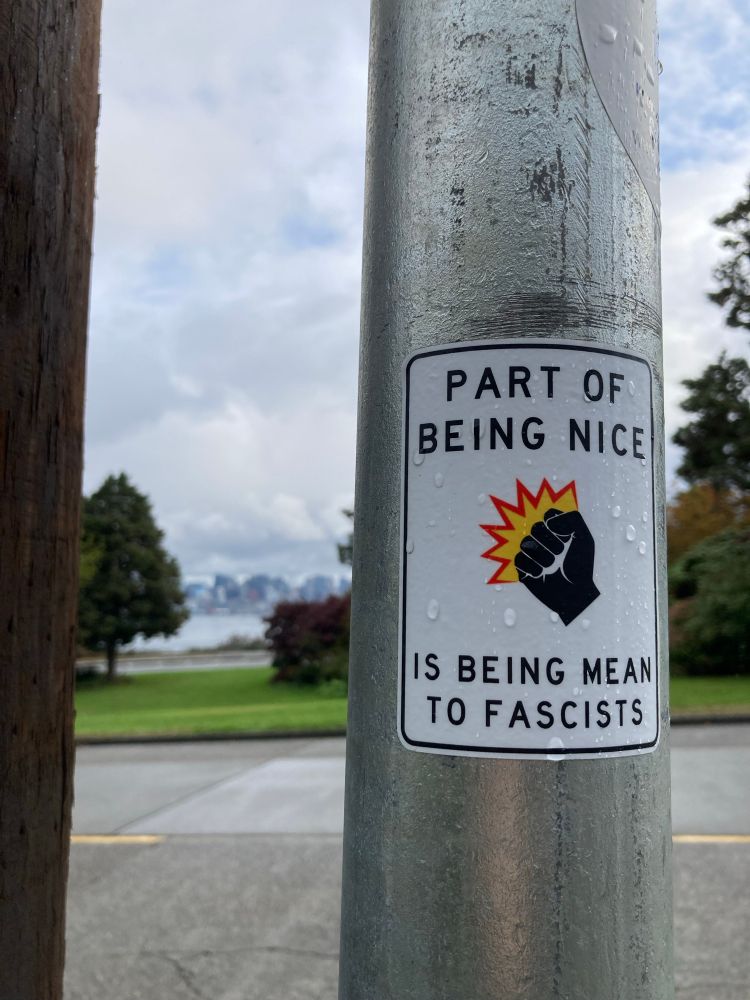

At LaGuardia Airport, there are several rumored and one confirmed ICE arrest of domestic travelers.
If you are at risk of detention or not sure, exercise caution while traveling. Make a safety plan in case of detention and consult an immigration attorney.


At LaGuardia Airport, there are several rumored and one confirmed ICE arrest of domestic travelers.
If you are at risk of detention or not sure, exercise caution while traveling. Make a safety plan in case of detention and consult an immigration attorney.


Why did they do this?

It is the ultimate in solipsism and has its roots in a pathological fear and denial of death.
It is the ultimate in solipsism and has its roots in a pathological fear and denial of death.
is this anything
is this anything
people.com/donald-trump...

people.com/donald-trump...
The three spirits:

The three spirits:


2021, as the Pacific Northwest sweltered under a heat dome, >650,000 farm animals died in British Columbia alone.
2015, a deadly heat wave in India killed >17 million chickens.








